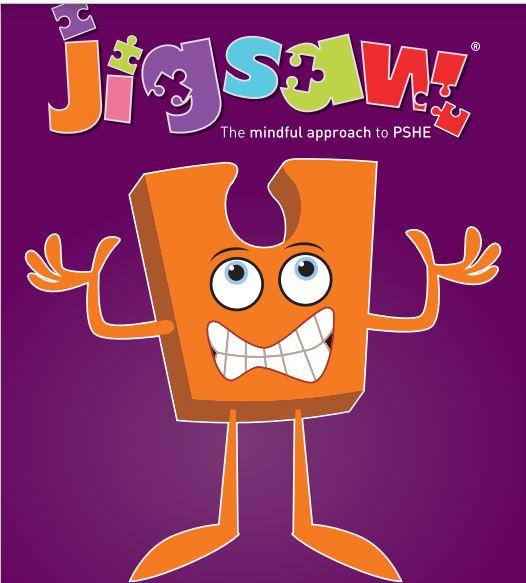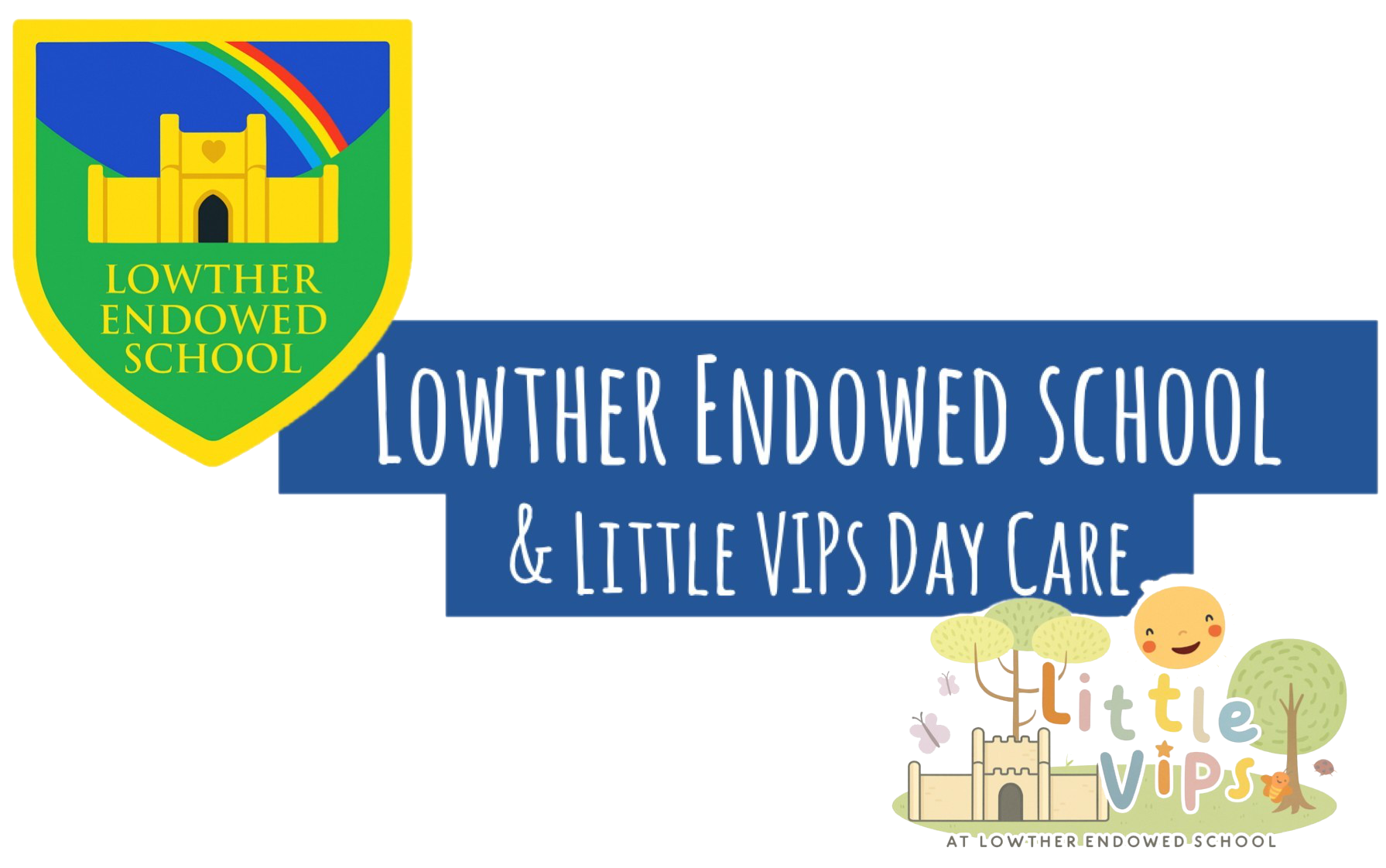Personal, Social & Health Education including Relationships, Sex and Health Education
At Lowther Endowed School, PSHE (Personal, Social, Health and Economic education) including Relationships, Sex and Health Education (RSHE) plays a fundamental role in nurturing confident, responsible, and well-informed pupils. Our integrated curriculum supports children’s emotional, physical, and social development by equipping them with the knowledge and skills they need to lead healthy, respectful, and fulfilling lives. Through this, we foster a positive school culture rooted in kindness, respect, resilience, and inclusion.
Intent
Our PSHE and RSHE curriculum aims to:
-
Provide comprehensive, age-appropriate knowledge about physical and emotional health, human relationships, and wellbeing.
-
Develop pupils’ confidence, self-awareness, and communication skills to build healthy, respectful relationships and make safe choices.
-
Promote mental health awareness and strategies for resilience and emotional regulation.
-
Encourage empathy, respect for diversity, and an understanding of equality and personal rights.
-
Prepare pupils for the physical and emotional changes associated with growing up, including puberty, relationships, and personal safety.
-
Foster responsible decision-making and positive citizenship.
-
Support pupils in understanding and managing risks, including those related to online safety.
Implementation
-
PSHE and RSHE are delivered through carefully planned lessons, assemblies, circle time, and cross-curricular opportunities, tailored to meet pupils’ developmental needs.
-
Teaching incorporates high-quality, evidence-based resources aligned with statutory guidance.
-
Learning environments promote open and respectful dialogue, encouraging pupils to explore feelings, values, and social skills in a safe space.
-
Topics include healthy lifestyles, emotional wellbeing, relationships (including friendships and families), consent, personal safety, puberty, digital safety, and economic understanding.
-
Staff receive ongoing training to deliver sensitive topics effectively and confidently.
-
Parents and carers are involved through transparent communication and opportunities to engage with curriculum content.
-
Pupil voice is valued to ensure relevance and responsiveness to pupils’ experiences and concerns.
Impact
-
Pupils develop emotional literacy, confidence, and social skills that enable healthy interactions and self-management.
-
Children understand the importance of respect, kindness, and inclusivity in relationships and community life.
-
Pupils gain accurate knowledge about their bodies, health, and personal safety, reducing anxiety and empowering informed choices.
-
Pupils exhibit resilience and coping strategies for mental and emotional wellbeing.
-
The school community benefits from a supportive atmosphere where sensitive topics can be discussed openly.
-
Pupils demonstrate responsible behavior and an understanding of their role as active, respectful citizens.
-
Positive feedback from pupils, parents, and staff reflects the programme’s effectiveness in promoting personal development.
Cultural Capital in PSHE and RSHE
Our curriculum enriches pupils’ cultural capital by:
-
Equipping pupils with essential life skills and knowledge for navigating relationships, health, and wellbeing in a diverse society.
-
Encouraging awareness and respect for cultural, social, and individual diversity.
-
Empowering pupils to participate actively and positively in their communities.
-
Providing knowledge about rights, responsibilities, and personal safety that supports lifelong wellbeing.
-
Linking learning to real-world contexts, helping pupils understand the impact of their choices and behavior.
-
Fostering empathy, social responsibility, and resilience, essential for success beyond school.
What does PSHE and RSHE look like in EYFS .....
In EYFS, PSHE and early RSHE focus on:
-
Building confidence and independence in self-care and daily routines.
-
Developing positive relationships through sharing, turn-taking, and cooperation.
-
Encouraging children to express emotions and understand others’ feelings.
-
Introducing concepts of family, friendship, and respect in an inclusive, age-appropriate way.
-
Promoting personal hygiene and basic body awareness.
-
Teaching children to recognize safe and unsafe situations and identify trusted adults.
-
Using stories, play, and discussion to explore kindness, respect, and personal boundaries.
-
Creating a nurturing environment where every child feels safe, valued, and supported.

At Lowther Endowed School, we use the Jigsaw scheme as a basis to teach personal, social and health education (incorporating sex and relationships education). We use the scheme on a two-year rolling programme and adapt to the needs of the children. Lessons are either groups or taught weekly and assembly themes follow the scheme throughout the year. We even add in the songs to help reinforce key messages.
6 Jigsaw pieces - one each half term, followed by the whole school:
Autumn 1: Being Me in My World
Autumn 2: Celebrating Differences
Spring 1: Dreams and Goals
Spring 2: Healthy Me
Summer 2: Relationships
Summer 3: Changing Me
Relationships, Sex and Health Education (RSHE)
Through the Personal Social and Health Education and science curriculum your child will learn about their bodies, relationships and keeping healthy.
In Year 6 your child will be taught a series of lessons to link with changes they are soon to encounter in their new school as well as within their own bodies. For these lessons we link with cluster schools and use the school nurses to deliver these sessions. We use a selection of DVD’s and books to support and supplement the programme. You are informed at the start of the topic and are given the opportunity to discuss the programme if you wish. You have the right to withdraw your child from sex education.

In addition to PSHE lessons, we use Kidsafe materials, with sessions led by our Kidsafe Tutor, Ms Thwaites. Information on this can be found at KidSafe UK Children’s Mental Health & Safeguarding for Schools. Ms Thwaites updates her training for this annually.
This year in addition to Jigsaw and Kidsafe, we are working on training the whole school to use the Decider Skills. The Decider Skills are cognitive behaviour therapy skills that are evidence-based and effective to help everyone manage their emotions and help us all to make positive changes. It is designed to help everyone to learn and practise the skills to increase coping and confidence, and improve our mental health and wellbeing.
Information on Decider Skills can be found at The Decider Skills | The Decider
